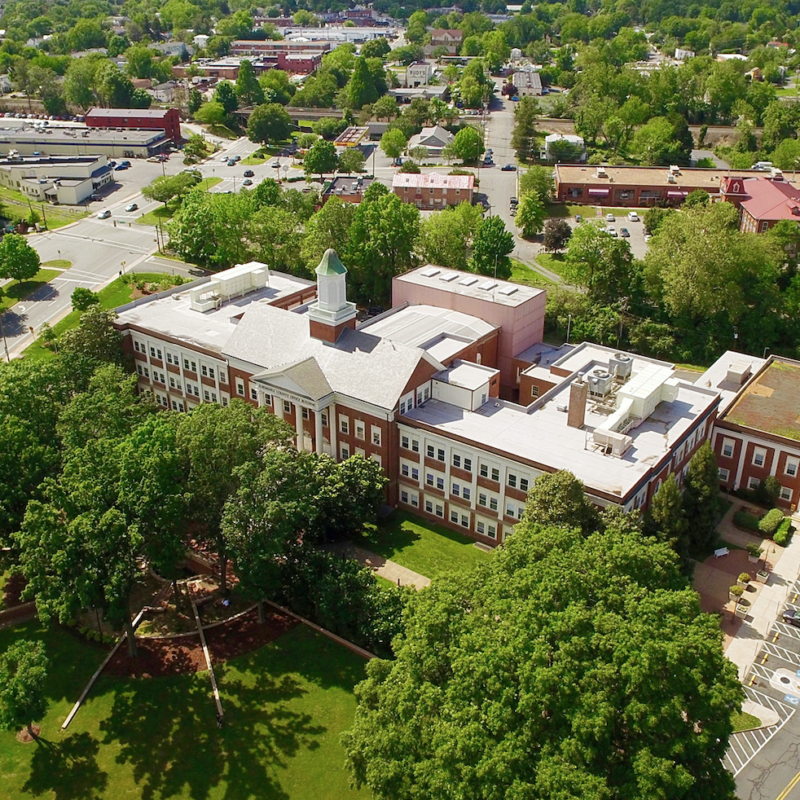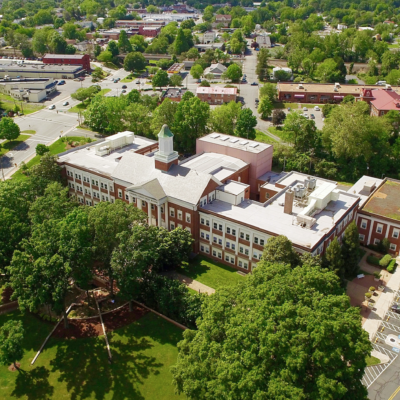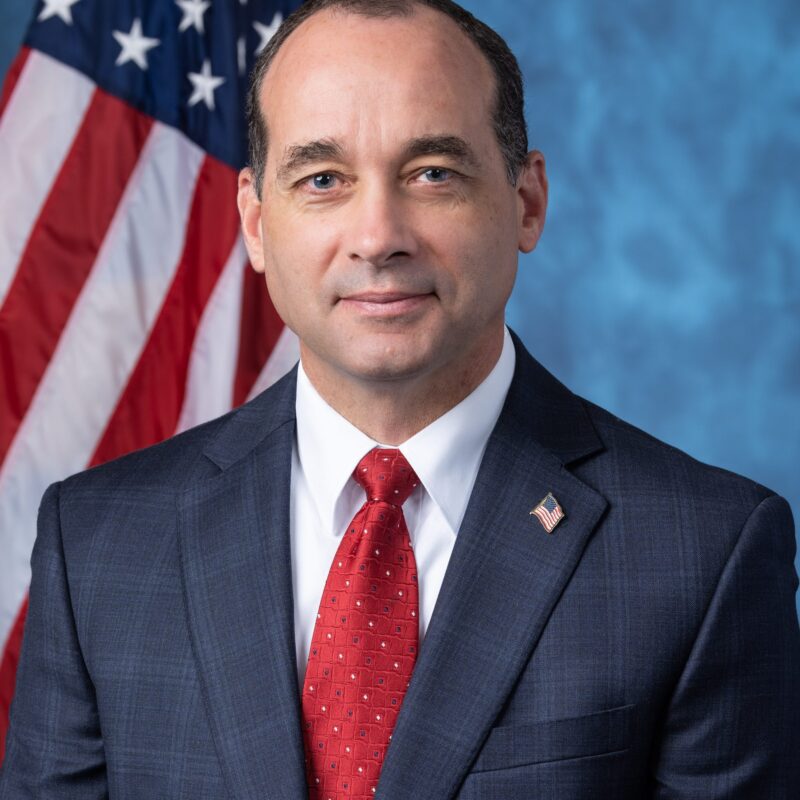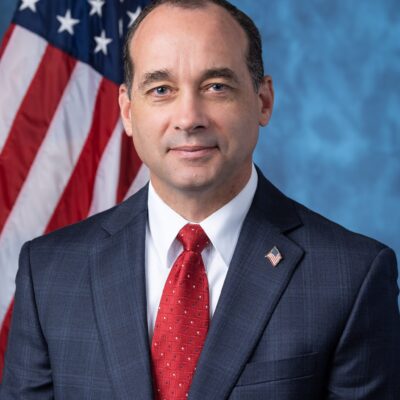It ought to have been a festive occasion: Lane Auditorium was all decked out with frazier fir boughs, decorative ribbons, yellow poinsettias and Christmas lights. An eclectic crowd filled the seats and the County planning commissioners adjusted their nameplates so that they weren’t obscured by the decorations. But Christmas didn’t come early for those in attendance for the December 19 work session on Biscuit Run transportation issues: Nobody walked away satisfied.
 In exchange for allowing the 3,100-housing-unit Biscuit Run project to go forward, developers are offering the County added lanes on Route 20 and a road connecting Route 20 to Old Lynchburg Road. |
Attorney Steven Blaine represented developers, principally Hunter Craig, and reviewed the road improvements that they are offering to make. Those include building a connector road from Old Lynchburg Road to Route 20; installing traffic lights at key intersections; adding turn lanes at I-64; and four-laning Route 20. The latter improvement, estimated to cost $5.5 million, is the largest single proffer from a developer in County history, according to Blaine.
In recent months, Biscuit Run’s original outlines were scrapped in favor of a scaled back design more along the lines of the “neighborhood model.” That dropped the number of new housing units to 3,100 from 4,970.
Cutting back hasn’t answered the concerns of members of the public who showed up. Seventeen people spoke against the project and none for it, though a measure of fatalism has seemed to sink into those opposed. Even Jack Marshall, president of the vociferous slow-growth group Advocates for a Sustainable Albemarle Population (ASAP), had little hope that the development could be halted. Said Marshall: “It makes one wonder how the County planning apparatus is so short sighted, so feeble, that we have no choice other than to let our future be determined either by accident or by the desires of a handful who make a profit from relentless development.”
Because County staff hadn’t yet prepared a report on the redesigned plan, planning commissioners allowed the public to speak, but offered no analysis themselves.
“I was sort of hoping for more questions from the commission, and maybe it’s just their preference to hear their own staff first,” says Blaine. “We’ve been at this over a year and the issues are not new, the issues are all out there. But we’ll be patient.”
Many who spoke at the meeting were concerned about safe biking and continuing an already stressful car culture—a woman broke down in tears while recounting the struggles of her husband’s bicycle commute and a fatal traffic accident.
“Am I going to convince people on Old Lynchburg Road that overnight it’s going to change? Probably not,” says Blaine, who thinks the proffers will improve conditions. “But you’re not going to be able to say at the end of the day that there’s not adequate infrastructure—because that’s the point of the proffers. That’s all we can do.”
The project will be back before the Planning Commission on January 16 to discuss nontransportation proffers.





